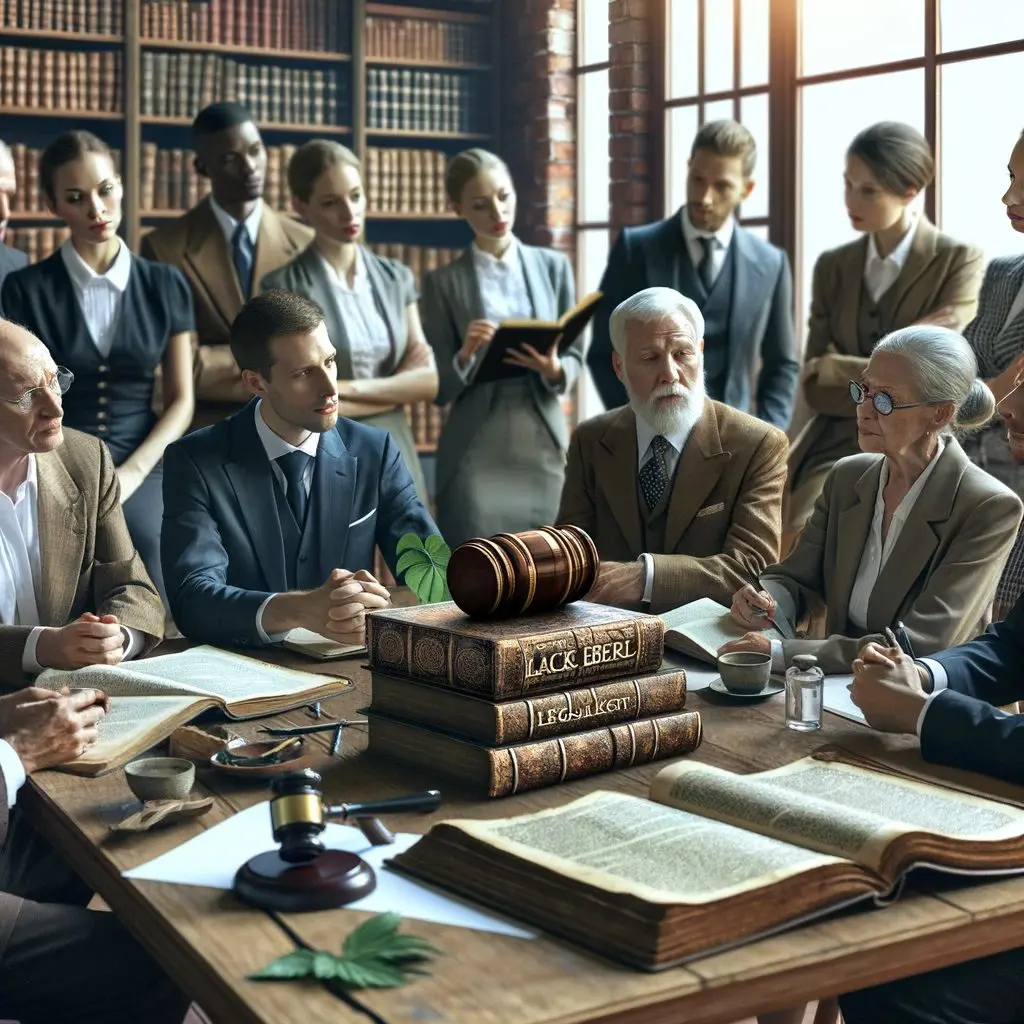The term Backberend holds a unique place in the annals of legal history. Originating from the Anglo-Saxon period, this term was used to describe a person caught in the act of carrying off stolen property. The imagery of stolen goods borne on the back paints a vivid picture of ancient theft and its prosecution. Understanding Backberend offers a window into historical legal practices and its potential echoes in contemporary law.
The Historical Context of Backberend
Backberend’s roots can be traced back to a time when legal systems were in their nascent stages. The term is more than just a word; it represents the societal norms and legal mechanisms of a bygone era. In the Anglo-Saxon legal system, the physical act of carrying stolen goods, especially if caught in the act, was a crucial determinant in proving theft. This concept underscores the evidentiary standards of the time, where visual and physical proof held significant sway in legal judgments.
Evolution of Theft Definitions in Legal History
As legal systems evolved, so did the definitions and interpretations of theft. Backberend as a term faded, giving way to more nuanced legal definitions. Modern legal systems rely on a variety of factors to define and prosecute theft, moving away from the simplicity of physical evidence to include intent, circumstances, and methods used in committing the crime. The evolution from a term like Backberend to current theft laws reflects the increasing complexity of legal systems and societal changes.
Backberend’s Relevance in Modern Law
While Backberend is largely historical, its essence remains relevant. Today’s laws still consider the act of possessing stolen goods as incriminating, although the legal standards for proving such crimes have become more sophisticated. The transition from Backberend to modern legal terms like ‘possession of stolen property’ highlights the legal system’s adaptation to changing societal norms and advancements in law enforcement techniques.
Legal Interpretations and Challenges
The shift from straightforward terms like Backberend to more complex legal interpretations also brings challenges. Modern law grapples with issues like proving intent and ownership, which were not as prominent in the era of Backberend. This shift underscores the ongoing evolution of legal systems to address contemporary societal issues.
Understanding Legal Evolution Through Backberend
The journey from Backberend to modern legal interpretations of theft is a fascinating study of legal evolution. This transition highlights how legal systems have progressed from relying heavily on physical evidence to incorporating more abstract concepts like intent and circumstantial evidence. It reflects a broader shift in the legal landscape, from rudimentary forms of justice to more complex and nuanced legal proceedings. This evolution is crucial for legal historians and practitioners, as it provides insights into how legal concepts and practices have adapted to meet changing societal needs.
Backberend in the Broader Legal Lexicon
While the term Backberend itself may no longer be in use, its conceptual legacy continues in modern legal parlance. The principle of being caught in possession of stolen goods is a cornerstone in theft laws worldwide. This principle, which originated with terms like Backberend, has now evolved into sophisticated legal doctrines addressing possession, ownership, and property rights. The historical journey of Backberend offers a microcosm of the broader development of property and criminal law.
Comparative Legal Analysis: Then and Now
Comparing the legal mechanisms during the era of Backberend with contemporary legal systems reveals significant advancements in legal thought and practice. Ancient legal systems were more focused on immediate and tangible evidence, whereas modern systems are equipped to deal with complexities involving abstract concepts and technological advancements. This comparative analysis not only highlights the growth of legal systems but also underscores the continuous need for legal adaptation and reform.
Backberend’s Educational Value in Legal Studies
For students and enthusiasts of legal history, terms like Backberend offer a rich educational resource. They provide a historical context for understanding the development of legal theories and practices. Studying such terms helps in appreciating the dynamic nature of law and its responsiveness to societal changes. It also underscores the importance of preserving historical legal terminology as a means of understanding contemporary legal issues.
Conclusion: Backberend’s Enduring Legacy in Law
The term Backberend, with its deep historical roots, stands as a testament to the ever-evolving nature of legal systems. From its straightforward application in ancient times to its conceptual relevance in modern legal theories, Backberend embodies the dynamic journey of legal evolution. It serves as a reminder of how historical legal concepts lay the foundation for contemporary legal practices and continue to influence modern legal thought.
















